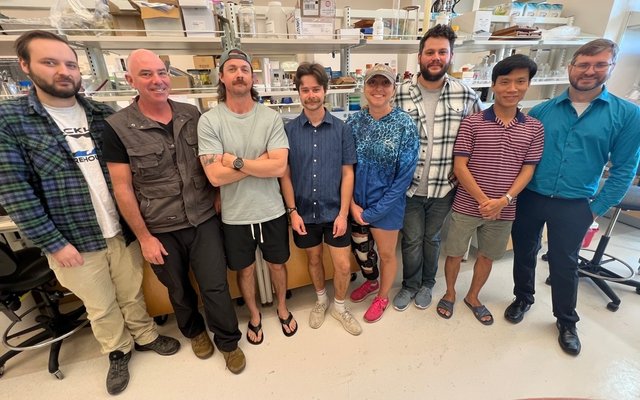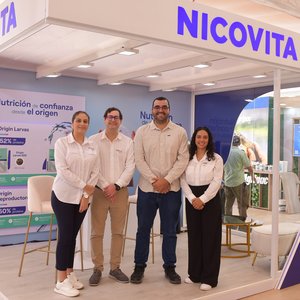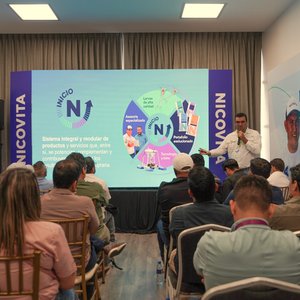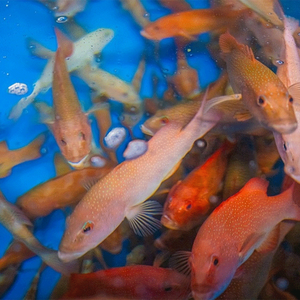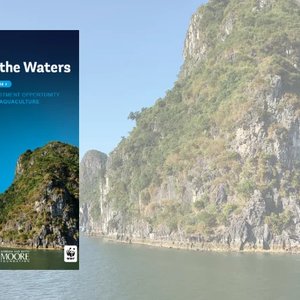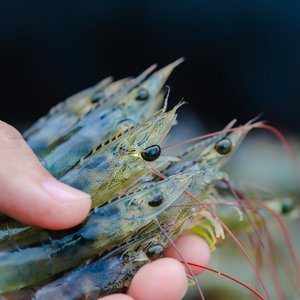The Southeastern Cooperative Fish Parasite and Disease Laboratory, a multistate fish disease diagnostics laboratory housed in the School of Fisheries, Aquaculture, and Aquatic Sciences in Auburn University’s College of Agriculture, has recently joined with the U.S. Fish and Wildlife Service, or USFWS, on a USD 5 million, five-year project focused on fish disease diagnostics and aquatic pathogen surveillance in the Southeastern United States.
The new partnership between Bullard’s lab and the USFWS focuses on developing new tools and approaches that will help natural resource managers and fish culturists diagnose, mitigate and better understand parasitic, viral and microbial pathogens that impact wild and cultured fish populations.
This work includes state and federal hatchery system biosecurity, surveillance of wild aquatic animal populations for new and emerging pathogens, including exotic invasive species and aquatic nuisance species, and in-service training for state and federal resource managers and hatchery personnel.
“The grant allows us to expand our partnerships and impact regionally and nationally. This new, long-term cooperation with the USFWS is a historic turning point for the Southeastern Cooperative Fish Parasite and Disease Laboratory here at Auburn,” said Ash Bullard, professor of parasitology and taxonomy and director of the laboratory.
The Southeastern Cooperative Fish Parasite and Disease Laboratory was founded within the School of Fisheries, Aquaculture, and Aquatic Sciences in 1965 and is among the largest continuously operated university-based fish disease diagnostics laboratories in the country.


